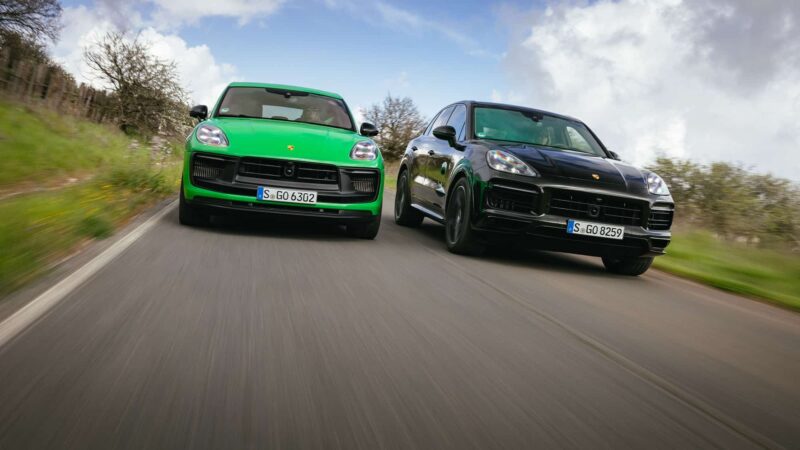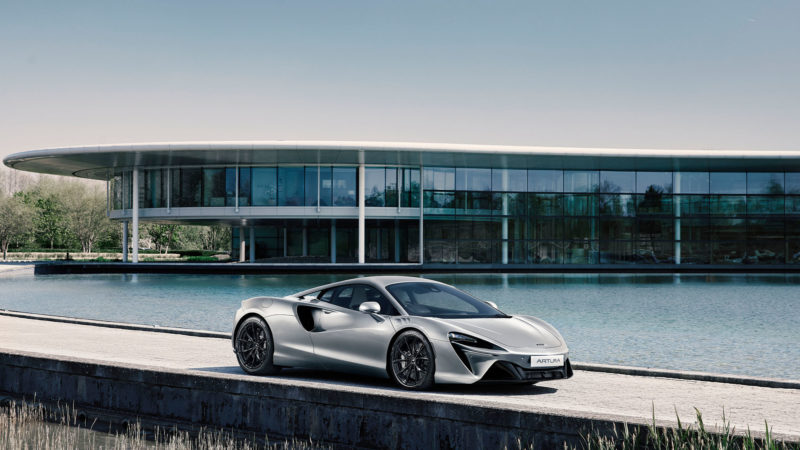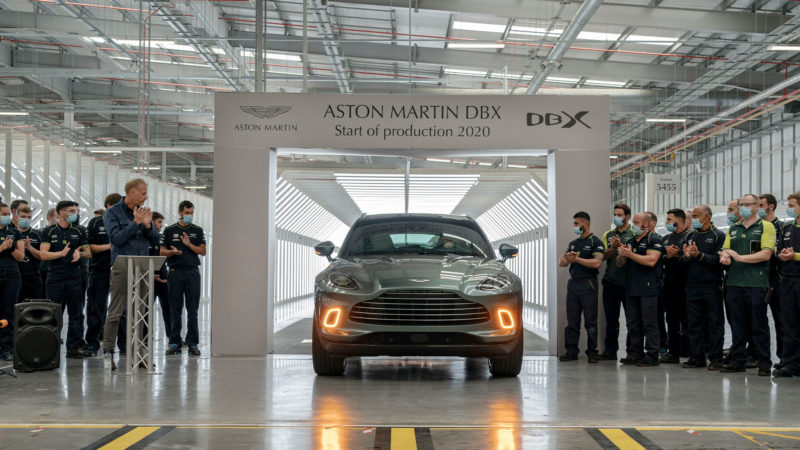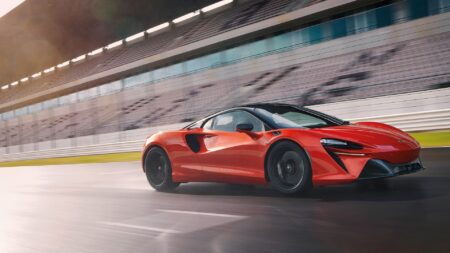Palmer wasn’t finished. He preferred the speed of response of the small company where no decision needed to be referred back up the chain of command and he liked not being part of a stable where what you make is determined as much by the other cars with which you share stable space as what you really think is right for the company.
And I understand all of that. But so too do I understand that for every ‘independent’ McLaren and Aston Martin, so too is there a Rolls-Royce or a Bentley, also blue-blooded British car companies, but wholly owned by massive automotive manufacturers. And the truth is that while McLaren and Aston Martin are both famously troubled companies, despite the undoubted excellence of much of what they make, Rolls and Bentley struggles ended the moment they were snapped up by, respectively, BMW and Volkswagen. And, yes, I know BMW owns only the right to call a car a Rolls-Royce but we won’t let that delay us here. For these two companies, both of which have been to the very edge of the abyss and back, seem to post record sales after record sales. Is this a coincidence? I think not.
Because a BMW or a Volkswagen brings so much more than money to the table. It brings massive economies of scale, it brings technological know-how of a kind a small independent could scarcely imagine, it brings brains by the thousand, and it brings purchasing clout. I recall once being told that before it was bought by VW, someone at Bentley rang up Bosch and asked if it would provide a fuel injection system for the big old V8. When asked what sort of volumes were required the Bentley engineer said around 1000 units per year. At which point the person on the other end of the line started laughing. When the same engineer called back a few months later and asked the same question, but with the company now owned by possibly Bosch’s largest single customer, it was met by an altogether more serious response and, in time, the requisite Motronic hardware. Being part of a massive corporation also means your fleet emissions are absorbed into those of the group.

Sharing platforms for the Macan (left) and Cayenne with other VW Group companies has made Porsche wildly profitable
Porsche
But it’s not all upside. Palmer was right: if you’re on the team you have no choice but to play the game. Do you think Porsche would have put a flat four in the Cayman and Boxster were it not owned by Volkswagen? Me neither. And independence doesn’t mean deals can’t be done: the Porsche Cayenne was the result of a joint venture between the then still-independent Porsche and the VW Group: Porsche got the gig to develop a new SUV platform which could be used by VW and Audi, the Cayenne came as part of the deal and transformed Porsche’s business forever.
Ownership by a car brand can go wrong too, fatally in the case of BMW-owned Rover and GM-owned Saab. You can also outgrow these relationships. So much has Porsche thrived since it was taken over, that despite accounting for only around 3.3 per cent of total Volkswagen Group volume each year, it delivers about 25 per cent of its profit. So now Porsche is thinking it wants to smell fresh air again and will launch its IPO later this year, with a likely valuation of between $80-90 billion, money VW needs to finance the electrification of its ranges. Ferrari removed itself from Fiat ownership in 2015 (although it remains a major shareholder), went public and has never looked back.
But there is a time and place: Ferrari and Porsche are both hugely successful and massively profitable, which is not something you can say about McLaren or Aston Martin right now. Admire both companies as I do for continuing to go it alone (Mercedes’ soon to be 20% stake in Aston notwithstanding), I can’t help think that the short to medium term interests of both would be better served under a benevolent automotive proprietor.




